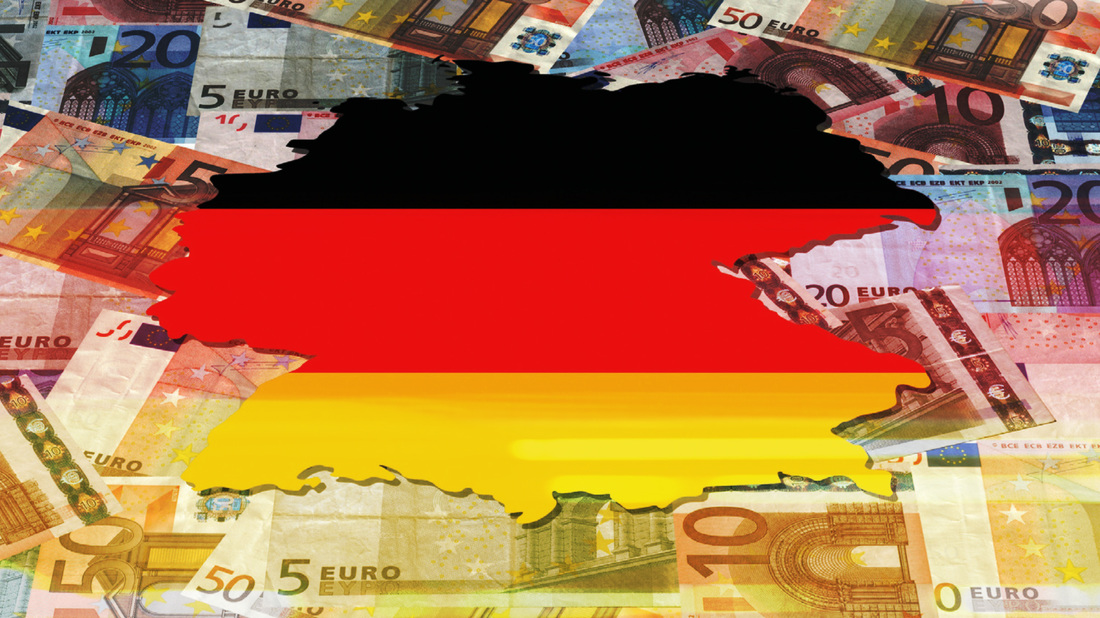|
As the fourth largest emitter of greenhouse gasses, Germany is keenly aware of its obligation to tackle climate change. And German industry is also keenly aware that reducing harmful emissions and using resources more efficiently is not only good for the environment, it is also good for business competitiveness and profitability. Germany’s contributions to tackle climate change are manifold, but especially with regard its transition to a reliable, and affordable energy supply they are significant: By 2020, Germany’s is targeting to reduce its greenhouse gas emissions by 40% compared to 1990 levels, and by 80 to 95% by 2050. Germany has also set ambitious targets for reducing energy consumption by 20% by 2020 compared to 2008 levels, and by half by 2050. While renewables will play a big role how the country looks to curb climate change, improving energy efficiency is obviously crucial. According to the GTAI (a foreign trade and inward investment agency of the Federal Republic of Germany), the German energy efficiency market is expected to grow to €176 billion by 2025. That represents an annual growth of 4.9%. Growth Drivers
Industrial Energy Efficiency Has a Big Role to Play Industry is the largest user of energy in Germany. With between 20 to 50% of all industrial energy input being lost as waste heat in the form of hot exhaust gases, cooling water, and heat lost from hot equipment surfaces and heated products, large cost saving opportunities and increased productivity can be achieved by companies who can use energy more efficiently. While many industrial companies are taking some positive action, substantial opportunities to improve energy efficiency still remains. The efficiency gap is found across all sectors, from food and beverage, pulp and paper, and healthcare, to pharmaceuticals, chemical, automotive, etc. Energy efficiency is among the cheapest and cleanest energy resources available. In fact, according to a recent report from the American Council for an Energy Efficient Economy, “How Much Does Energy Efficiency Cost,” the “new” power resulting from energy efficiency efforts is substantially less expensive than the cost of power that would be generated by new power plants (including wind farms and utility scale solar power). Yet for industry, and manufacturing operations in particular, the quickest and most effective source of lower energy bills remains largely under exploited. At the end of the day, energy efficiency is seen as a lucrative business model. The German manufacturing industry is a world champion on the international market of innovations for energy-saving measures and green products. This is a position they fully intend to keep.
0 Comments
Leave a Reply. |
OverviewWe believe it is essential that we move to a clean energy economy and lessen our dependence on fossil fuels this decade. This blog shares ideas, news and other information about better, cleaner ways to meet our energy needs. Archives
December 2017
Categories
All
|


 RSS Feed
RSS Feed
